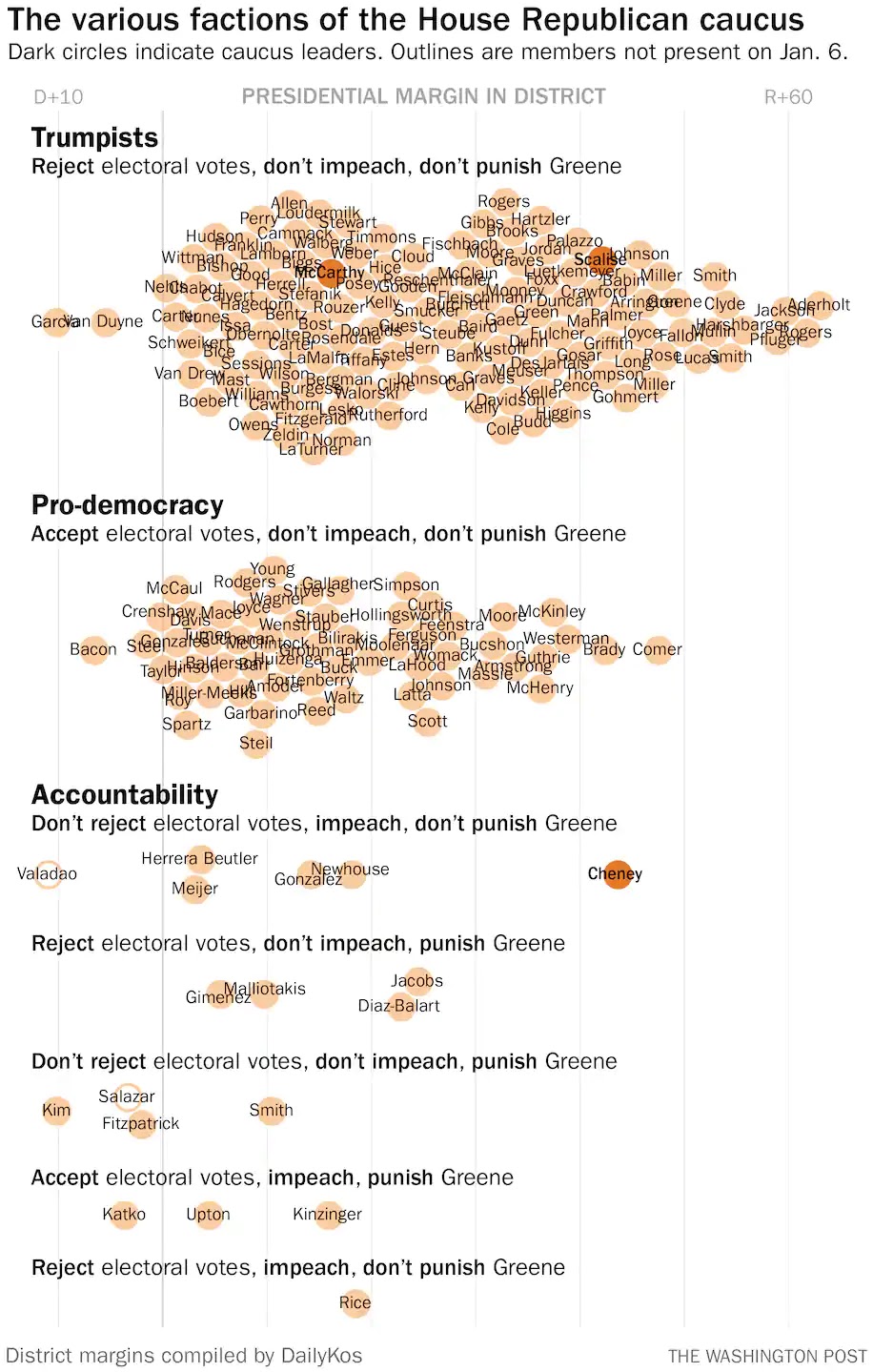U.S. Senator Bob Menendez, Chairman of the Senate Foreign Relations Committee, tonight issued the following statement in reaction to Russia’s unprovoked attack on Ukraine: pic.twitter.com/5wC3kUnbVF
— Senate Foreign Relations Committee (@SFRCdems) February 24, 2022
My full statement on #Russia’s invasion into #Ukraine: https://t.co/Uxe0jLi6L5 pic.twitter.com/Q5LoMuNbPh
— Senate Foreign Relations Committee Ranking Member (@SenateForeign) February 24, 2022
For next time: Davidson, ch. 9.
Madison (Federalist 58) anticipated that the House would be more centralized than the Senate: " [In] all legislative assemblies the greater the number composing them may be, the fewer will be the men who will in fact direct their proceedings."

- Another look at the committee system
- Celebrity Witnesses -- a partial list
- A committee report
- Rules Committee
- The suspension calendar:
A CRS report on Senate amendments:
Senate precedents set out three principles of precedence among amendments that are directed to the same text:
- A second-degree amendment has precedence over a first-degree amendment;
- A motion to insert and a motion to strike out and insert have precedence over a motion to strike out; and
- A perfecting amendment (and an amendment to it) has precedence over a substitute amendment (and an amendment to it).
The first of these principles is axiomatic. A second-degree amendment is an amendment to a first degree amendment, and it must be offered while the first-degree amendment is pending—that is, after the first-degree amendment has been offered but before the Senate has disposed of it. The Senate also acts on an amendment to a first-degree amendment before it acts on the first-degree amendment itself. So this principle conforms to Senate practice under both meanings of precedence.
It may be helpful in understanding the second two principles to think about decisions the Senate needs to make about a text. Changing the text of an amendment, through a second-degree amendment, could “cure” a problem Senators may have had with the amendment’s original language. That could obviate the need to strike out the text
Senate Procedure and Rule XIV "I object to my own request"
Therefore, through objection, a bill after two readings is prevented from being referred to committee and is placed directly on the Senate’s Calendar of Business. It is usually the majority leader (or a Senator acting in the majority leader’s stead), acting on his own or at the request of any other Senator, who objects to “further proceeding”—committee referral—on a measure.
How Mitch filled the tree
- Filling the tree: a pause in the 117th Congress
Just prior to Senate approval of S.Res. 27, the majority and minority leaders engaged in a colloquy on the floor to share additional information regarding their intentions for floor operations in the 117th Congress. ... The colloquy concerned two Senate practices that have become more common in recent Congresses. First, it has become common for the majority leader to “fill the amendment tree,” a process that temporarily blocks other Senators from offering amendments, except by unanimous consent. ... Regarding the amendment process, the majority leader announced in the colloquy: "I am a strong supporter of the right of Senators to offer amendments and commit to increasedramatically the number of Member-initiated amendments offered in the 117thCongress. I am also opposed to limiting amendments by “filling the tree” unless dilatory measuresprevent the Senate from taking action and leave no alternative."









